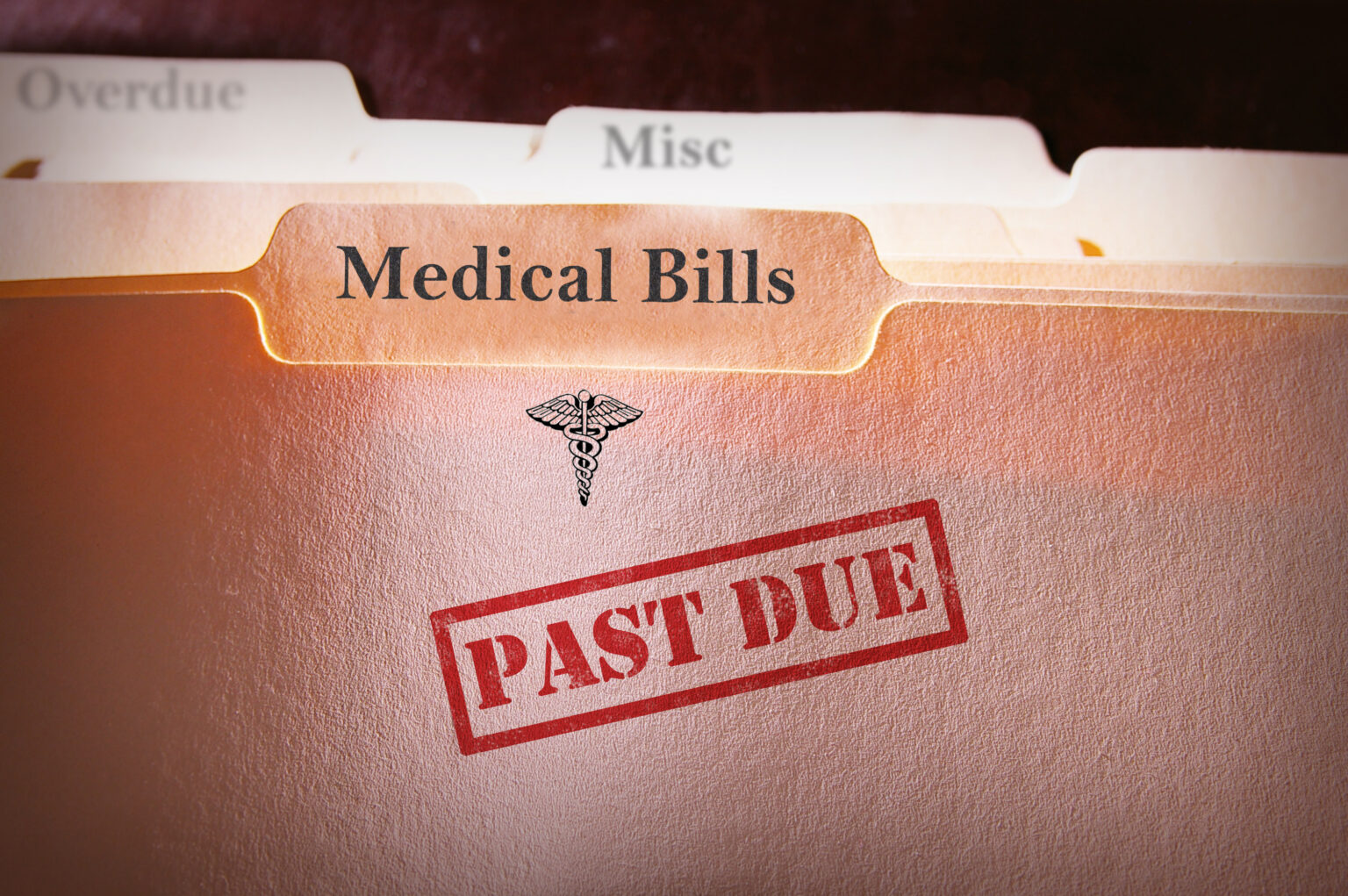
As a patient, you depend on your doctor to listen to your concerns, evaluate your symptoms, and accurately diagnosis the ailment you are experiencing. Unfortunately, it can sometimes be difficult to access your primary care provider, and they may only have a scant few minutes to spend with you.
Your doctor may decide your symptoms reflect a particular condition and prescribe the relevant treatment. But what happens when you get the feeling that your doctor got it wrong, especially if they did not seem to take into account all of your symptoms? You will need an accurate diagnosis and timely treatment to address the medical problem and recover. Receiving the wrong diagnosis and improper treatment can potentially exacerbate the actual issue and even cause serious injuries.
You must diligently monitor your health and symptoms when starting any new treatment plan prescribed by your doctor, and you should watch out for red flags that could suggest a mistake. Below, we review four major signs that could signal a possible misdiagnosis.
1. Your Time with Your Doctor Was Limited
If your healthcare network is overburdened, it can be tough to even get in the same room as your primary care provider. You may have to wait weeks or even months before an appointment can be scheduled. If your medical concerns are pressing, you may choose to accept a doctor that is not your primary care provider. If you do manage to secure time with your primary practitioner, you may not necessarily get a lot of time with them.
In an ideal world, the doctor you meet with will carefully assess your symptoms and run the appropriate diagnostic tests. They should review your records and confirm your current prescriptions, your family’s medical history, and any recent procedures or other environmental factors that may be triggering or contributing to your symptoms. The doctor should also be asking detailed questions about the nature of your systems, such as when you experience them and to what severity.
In reality, too many people meet with an overworked and exhausted doctor who has to see six more patients that hour. They glance at your chart and run down the symptoms before quickly arriving at a conclusion. They may not even run any diagnostic tests. In these scenarios, it is fair to wonder if the doctor gave your symptoms the attention they deserved.
2. Your Symptoms Are Consistent with More than One Condition
Some symptoms are common across a wide variety of ailments, which can sometimes make reaching an accurate diagnosis challenging. A sore throat, joint aches, or brain fog could each point to any number of possible conditions. Again, your doctor is supposed to take into account all of your symptoms plus your and your family’s medical histories. If there are ambiguities, diagnostic tests can help rule out certain possibilities. Mistakes can be made when a doctor makes an assumption based on one or two symptoms versus the entirety of a patient’s medical profile.
It is not your job to determine what might be wrong with you before seeing your doctor, but it can sometimes be helpful to explore what your symptoms could indicate in advance of an appointment. You might then consider asking your doctor about possible conditions you are concerned about. This can dispel worries or start conversations that can lead to an accurate diagnosis.
3. Your Prescribed Treatment Is Not Working
Once your doctor has ostensibly identified the cause of your symptoms, they should prescribe a detailed treatment plan that may or may not involve taking medication. Your doctor should meticulously explain aftercare instructions if you should expect any side effects, and any warning signs to watch out for (such as a possible adverse reaction to a particular medication).
Some treatments take time to take effect. However, there may be some situations where it feels like your treatment plan is not accomplishing anything at all. You might even suspect that your symptoms are worsening. This is a huge indicator that you may have been misdiagnosed, and you should seek the advice of a medical professional as soon as possible. Any prescribed medications or treatments could be aggravating the actual problem.
4. You Receive a Differing Second Opinion
If you are convinced your practitioner got it wrong and you fear your current treatment plan is doing nothing or worse, you may understandably decide to see a different doctor. If you receive a second opinion that reaches a substantially different conclusion than the first, it is possible the first diagnosis was inaccurate. If you feel comfortable doing so, follow the advice of the second medical professional and try any new treatments they recommend. You might also wish to get a third opinion. The improvement of symptoms as the result of a new treatment plan may suggest you were initially misdiagnosed.
Call Our Firm if You Have Suffered Injuries Due to a Misdiagnosis
People make mistakes, but a misdiagnosis can lead to devastating consequences. Prescribing the wrong treatment or failing to appropriately address a severe medical issue can result in serious injuries. If you have been harmed as a direct result of a misdiagnosis, you may be entitled to compensation for medical expenses, lost wages, permanent reductions in earning capacity, physical and emotional pain and suffering, and more. Our medical malpractice attorneys at Tabor Law will fight to recover the maximum compensation available to you in your case.
Contact us online or call (317) 236-9000 to request an initial consultation with our legal team.















































































